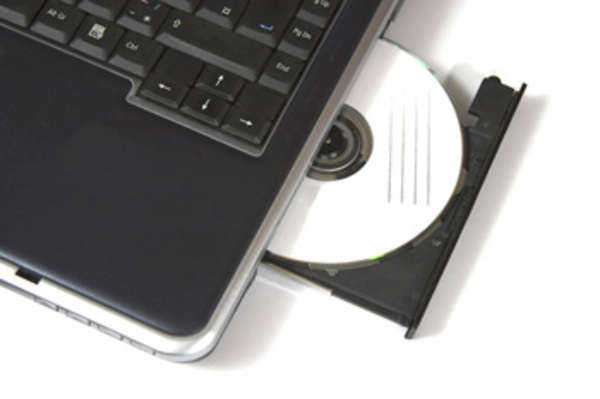Internet Piracy: Software Piracy
The unauthorized and illegal transmission
of information has been greatly accelerated in the Internet era, which has seen the development of programs
and methods, such as peer-to-peer networks, greatly facilitate such actions
even by users holding no more than a working level of knowledge of their
computer software and hardware. The awareness of such practices is probably
highest in regards to the copying of forms of media, such as music and films,
subject to intellectual property rights laws.
An issue of comparable concern
for those involved in the business aspects of the digital and online world is
that of software piracy, which is reported by industry resources to be very
widespread throughout the world. For this reason, software piracy laws have
been proposed and in some areas implemented that deal with the practice of
software piracy through the imposition of harsh legal penalties or taking
preemptive actions.

The first organization aimed at
comprehensively addressing the issue of software piracy was the Federation
Against Software Theft, which was formed in the United Kingdom of 1984 as a
non-profit group for lobbying legislators and bringing suits for infringement
and still exists in the early 21st Century.
The enforcement of software piracy laws commonly takes several
different forms extending beyond the basic legislation making illegal and
mandating punishments for software piracy. The 1998 Digital Millennium
Copyright Act (DMCA) was an early and leading act of American
legislation taken against digitally aided violations of intellectual property
rights. In regards to software piracy laws, the legislation took the common
approach of supplementing the practical measures by which the producers of
computer-based items prevent users from taking unauthorized copying actions.
The second part
of Title 1 of the legislation, which was mandated by America becoming a
signatory nation to the World Intellectual Property Organization's Copyright
Treaty, is known as the WIPO Copyright and Performances and Phonograms Treaties
Implementation Act, and takes up the issue of the "circumvention" of
"TPMs" (technical protection measures). This measure introduces the
possibility that an individual who, presumably with a mind to commit software
piracy or some other form of violation of intellectual property rights,
bypasses such technological tools for protection can be prosecuted for such
actions alone.
Another tool which has been proposed in the United
States to allow software piracy laws to go beyond the basic model of
prohibitions is to allow the intellectual property right owners to take
wide-ranging action on their own. The first American states to adopt this kind
of law have been Virginia and Maryland, both of which passed a Uniform Computer
Information Transactions Act (UCITA), which gives aggrieved parties a wide
degree of latitude in blocking access to the online services through which the
software piracy is occurring without first getting a court order.
The United States has been noted as a leading
proponent of strong software piracy laws in the digital global culture, in part
due to the prominent place of computer firms such as Microsoft in the country's
economy. The practice of software piracy is often less harshly regarded in
"Third World" or economically and politically disadvantaged nations,
which have lodged the criticism that the strong attention given to software
piracy laws by the United States and other developed regions such as Europe
stems more from the structural advantage of such countries in developing
software than genuine law-and-order concerns. For this reason, software piracy
laws are not universally accepted throughout the world.
Software
piracy has been also shown to have geopolitical implications. In response to
the American policy of blocking Iran's petitions to join the World Trade
Organization, the Iranian government has passed intellectual property right
laws which protect only items created inside of the country, while allowing,
and in that sense implicitly encouraging, software piracy and other
intellectual property right violations committed against items from other
countries. Software piracy against Microsoft products is noted to be especially
common in Iran.
Some observers of the field have claimed that the
widespread occurrence of software piracy may have positive effects for the
holders of intellectual property rights. This issue was brought to attention
when the Romanian President, Traian Basescu, claimed that his country's
background in computer expertise derived from the free range it gave to
instances of software piracy.
Despite the
role of the software industry in pushing for strengthened software piracy laws,
executives from Microsoft have also acknowledged that the prevalence of
software piracy can allow for the company to gain a following among consumers
who first access unauthorized copies of its products.